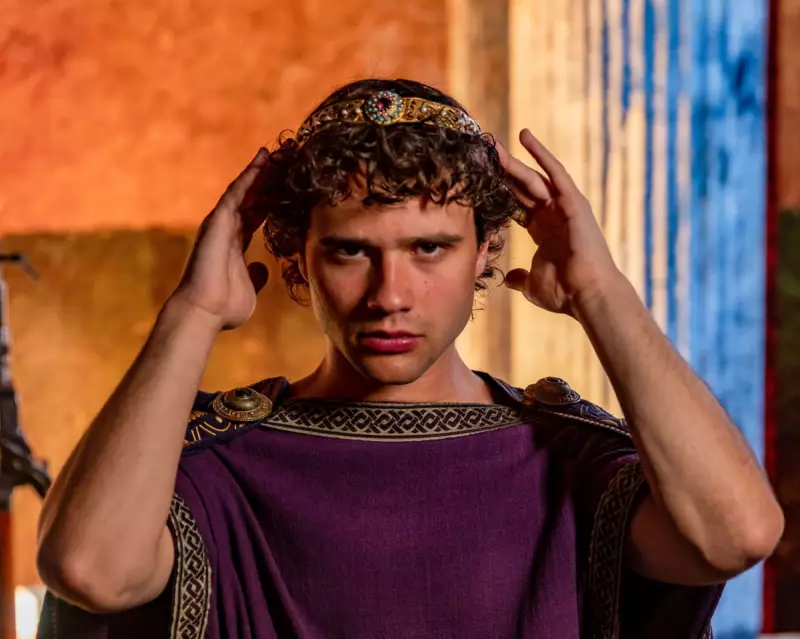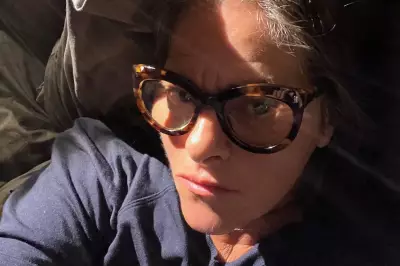
The latest BBC documentary series Civilisations: Rise and Fall presents a stark examination of historical collapse that feels uncomfortably relevant to contemporary Britain. This three-part sequel to the landmark Civilisation franchise explores the dramatic downfalls of four great ancient societies through a modern lens.
Ancient Echoes in Modern Britain
The series opens with a powerful recreation of Rome on 24 August AD410, as the empire that dominated Europe for five centuries faces imminent collapse. The programme vividly depicts how ordinary citizens responded to crisis - the wealthy hiding their treasures while the poor fled for survival. The narrative emphasises how decisions made by a small group of power-obsessed leaders brought one of history's greatest civilisations to its knees.
Sophie Okonedo's compelling narration guides viewers through the collapse of four distinct societies: Rome, ancient Egypt, the Aztec empire, and Japan's samurai culture. Each downfall results from factors that will sound remarkably familiar to modern audiences - climate catastrophe, warfare, pandemics, mass migration, colonial greed, and extreme inequality.
Historical Artefacts Tell Contemporary Stories
The series makes innovative use of artefacts from the British Museum's collection to illustrate its themes. The Projecta casket from AD350-400 serves as a centrepiece in the first episode, demonstrating how wealth concentration among Rome's elite 1% drained imperial coffers and contributed to collapse.
Other remarkable objects include a 2,050-year-old head of Augustus, the Rosetta Stone that reveals Cleopatra's crucial decisions, and one of history's most lethal samurai swords. The programme also features a 1,875-year-old terracotta theatre mask that exposes Roman prejudices against northern peoples, tracing the racist origins of the word "barbarian" back to ancient Greek terminology.
Expert Commentary Highlights Modern Parallels
The documentary employs a diverse range of commentators who draw direct parallels between ancient collapses and contemporary challenges. Luke Kemp from the Centre for the Study of Existential Risk provides particularly insightful analysis, stating: "Wealth inequality is the most common and crucial element in societal collapse. It corrodes the social fabric and hollows out societies, leaving them as a brittle shell which can be cracked asunder by numerous different shocks."
Other notable contributors include sculptor Antony Gormley discussing a 550-year-old Aztec turquoise skull and former political strategist Alastair Campbell examining the toxic dynasty of Egypt's Ptolemies. Valerie Amos delivers one of the series' most resonant observations: "The seeds of a society's destruction are sown within it."
Modern Documentary Techniques Enhance Urgency
Civilisations: Rise and Fall employs contemporary documentary techniques that distinguish it from earlier historical series. Dramatic re-enactments feature lavishly costumed actors, while running countdowns create tension by marking the years until each society's final collapse. The programme adopts what the review describes as a "Netflix-era" approach to historical storytelling.
The series arrives during what the review identifies as a period of deep existential crisis within the BBC itself, drawing parallels between the corporation's challenges and the collapses depicted on screen. This timing adds an extra layer of relevance to the programme's exploration of institutional vulnerability.
While the review praises the series' production values and contemporary relevance, it questions why modern audiences seem drawn to apocalyptic content during their leisure time. The programme ultimately serves as both a historical examination and a mirror to our own society's potential vulnerabilities, asking whether we can learn from past collapses or are doomed to repeat ancient mistakes.
Civilisations: Rise and Fall is available for streaming on BBC iPlayer now, offering British viewers a thought-provoking journey through history with undeniable contemporary resonance.






